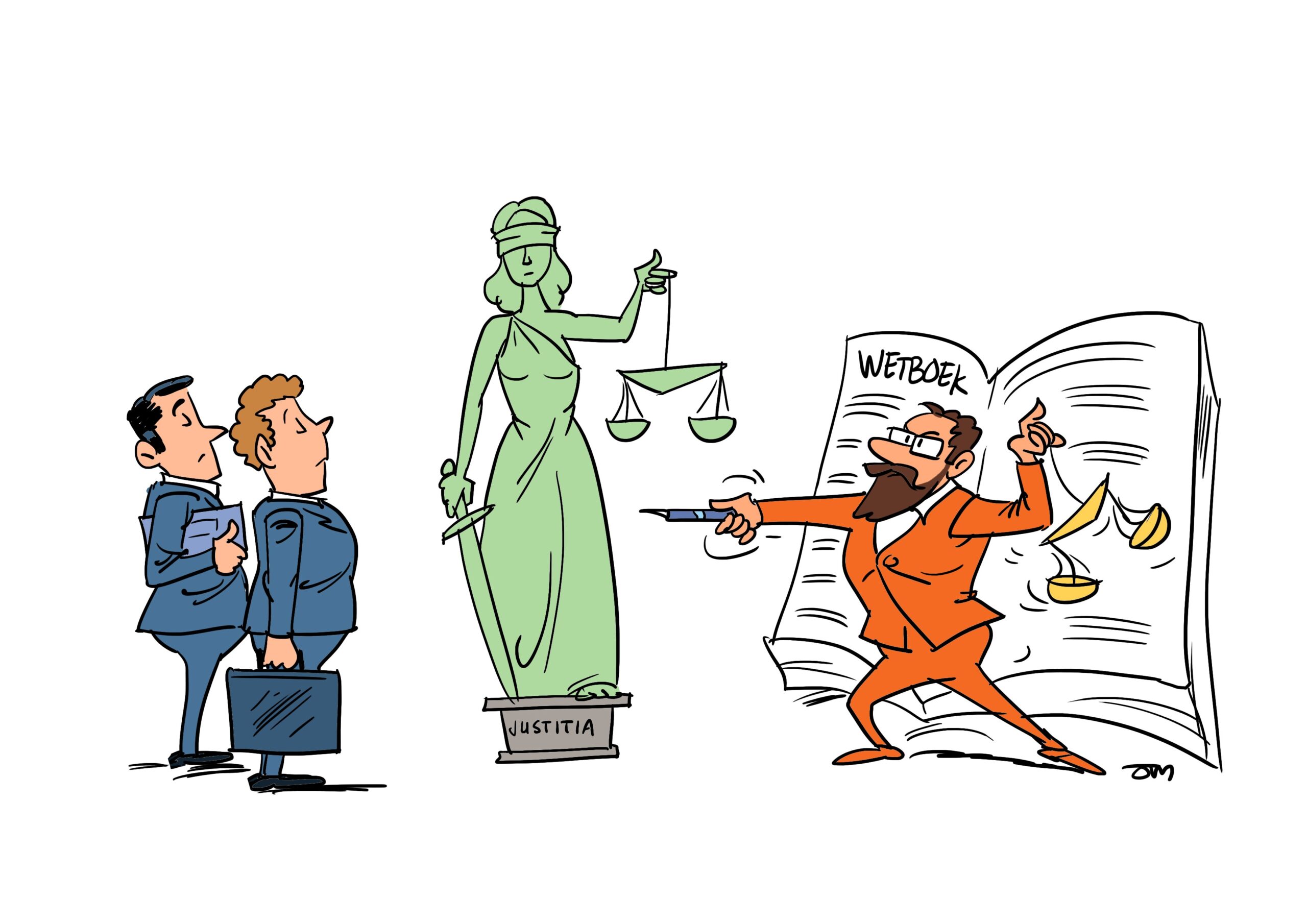Having more than one employer often results in additional income tax to be paid at the end of the year.
Why does someone need to pay additional income tax when there is more than one employer involved?
The reason is simple. Each employer withheld enough tax per employment, but in the income tax return all the income is put on top of each other and then suddenly not enough tax is withheld.

Example calculation more than one employer income situation
We assume the tax rate is 37% over the first EUR 20.000, 42% over the following EUR 45.000 and 52% over the excess. Then if you would have a EUR 100.000 income, the tax is 37% over EUR 20.000 plus EUR 42% over EUR 45.000 and 52% over EUR 35.000, so EUR 44.500 income tax is due over EUR 100.000 income.
Now you have with one employer EUR 50.000 income and with another employer you have EUR 50.000 income. Each employer will calculate 37% over EUR 20.000 and 42% over EUR 30.000. That is EUR 20.000 per employer, so for two employers that is EUR 40.000.
However, the tax over EUR 100.000 is EUR 44.500. How come not enough tax was withheld? The reason is that if you put the income on top of each other in the income tax return, the 52% tax bracket is reached at EUR 65.000. Neither employer was obliged to take 52% into account as neither income exceeded individually the 52% tax bracket.
That is the cause of the issue.
Is always additional tax due with more than one employer, for instance if you swap jobs?
No. When you have consecutive employments with more or less the same salary the employer takes into account an annual salary, as if you would have been employed the full year, on basis of which the wage tax is being calculated. If that is more or less identical, no issue.
Example. If you enter a job on October 1 of any given year for a monthly salary of EUR 6.000, then the employer will assume you had during the first part of the year a similar salary. The annual salary is then 12.96 times EUR 6.000 is EUR 77.760 which is in the 52% tax bracket. The monthly salary will be based on 1/12 tax rates of an annual EUR 77.760 gross taxable income.
Yes. When your consecutive job pays you substantially more than the previous one, then the previous employer should have withheld more wage tax. However, as no employer can take into account future events neither can an employer make inquiries with the employee about aspects of his or her private life, the employer simply withheld enough tax for the job at hand.
Does this explain why a migration income tax return is so interesting to file?
Indeed. When you arrive October 1 in the Netherlands with the EUR 6.000 salary mentioned above, then too much tax is being withheld, as you had no previous Dutch taxable income. This too much amount of income tax is to be reclaimed in the migration income tax return.
When you emigrate and move abroad during the year, the is the same situation vice versa.
Orange Tax Services
Our core business is assisting non Dutch with their tax. That implies a migration income tax return or regular income tax return we can file for you at a fixed rate of EUR 370 incl VAT (2016 rate).





